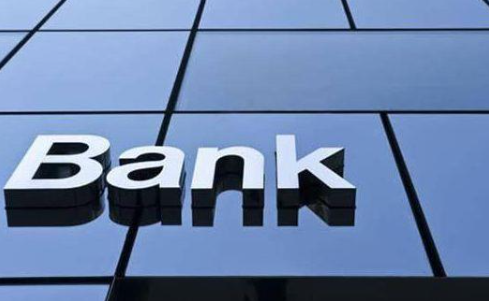What is an overseas bank?
The term "overseas bank" refers to a bank that operates outside the borders of a specific country. These banks are also known as foreign banks or international banks. They have their headquarters and primary operations in one country but have branches, subsidiaries, or representative offices in other countries to offer a range of financial services to customers in those locations.

Overseas banks play a significant role in facilitating global trade, investment, and financial transactions. They offer a variety of services, including but not limited to:
1.Cross-Border Banking: They allow individuals and businesses to conduct financial activities across different countries, including international wire transfers, foreign currency exchange, and trade finance services.
2.International Lending: Overseas banks provide loans and credit facilities to foreign businesses and governments, supporting economic growth and development in various regions.
3.Foreign Currency Accounts: They enable clients to hold and manage accounts denominated in different currencies, which can be beneficial for businesses engaged in international trade.
4.Trade Finance: These banks offer trade-related financial services, such as letters of credit, documentary collections, and export/import financing, to facilitate smooth international trade transactions.
5.Wealth Management: Overseas banks often provide wealth management services to high-net-worth individuals and corporations with global assets and investments.
6.Investment Banking: They may engage in investment banking activities, such as underwriting securities, mergers and acquisitions, and advisory services, on an international scale.
7.Correspondent Banking: Overseas banks establish relationships with local banks in different countries to facilitate cross-border transactions and provide access to international financial markets.
It's essential to note that overseas banks must adhere to the regulations and laws of the countries they operate in, and they are often subject to supervision by the central banks or regulatory authorities in both their home country and the countries where they have a presence.
The presence of overseas banks can contribute to increased financial integration and opportunities for businesses and individuals to access international markets and services. However, it also requires careful management and monitoring to ensure compliance with various legal and regulatory frameworks across different jurisdictions.
How to open an account in overseas banks?
Opening an account in an overseas bank can be a beneficial step for individuals or businesses looking to conduct international transactions, diversify assets, or access specific financial services. However, the process can vary depending on the country and the specific bank's requirements. Here are general steps to guide you through the account-opening process:
1.Research and Choose a Bank: Start by researching overseas banks that operate in the country where you wish to open the account. Consider factors such as reputation, services offered, fees, and the bank's presence in the region. It's essential to select a reputable and well-established bank with a good track record.
2.Determine the Type of Account: Different banks offer various types of accounts, such as personal savings accounts, checking accounts, business accounts, and investment accounts. Choose the type of account that suits your needs and financial goals.
3.Contact the Bank: Reach out to the bank you have selected to inquire about their account-opening process and the specific requirements. You can do this through their website, email, or by visiting their local branch if they have one in your country.
4.Gather Required Documents: Overseas banks will typically require certain documents for the account application. These may include:
5.Valid passport (for individuals) or registration documents (for businesses).
Proof of address, such as a utility bill or a bank statement.
Source of funds documentation, especially if significant amounts are being deposited.
Any other documents specific to the bank's policies or regulatory requirements.
Comply with Legal and Regulatory Requirements: Some countries may have specific regulations and restrictions on opening accounts for non-residents. Ensure you comply with all legal and regulatory requirements, including any restrictions on foreign account holders.
6.Submit Application: Complete the account application form provided by the bank and submit it along with all the required documents. The bank will review your application, and you may be asked for additional information if necessary.
7.Verification and Approval: The bank will verify your application and documents. Depending on the bank's procedures and the complexity of your application, the approval process may take some time.
8.Initial Deposit: Some banks may require an initial deposit to open the account. Ensure you have the required funds ready to fund the account once it is approved.
9.Receive Account Details: Once your account is approved, the bank will provide you with the account details, including the account number and any relevant instructions for accessing and managing your account.
Keep in mind that the account-opening process may involve fees, such as account maintenance charges or foreign currency conversion fees. It's essential to understand all the terms and conditions associated with the account before proceeding. Additionally, consider seeking advice from a financial advisor or legal professional to ensure compliance with tax and regulatory implications in both your home country and the country where you are opening the overseas account.
Related articles

 WeChat of CBiBank
WeChat of CBiBank